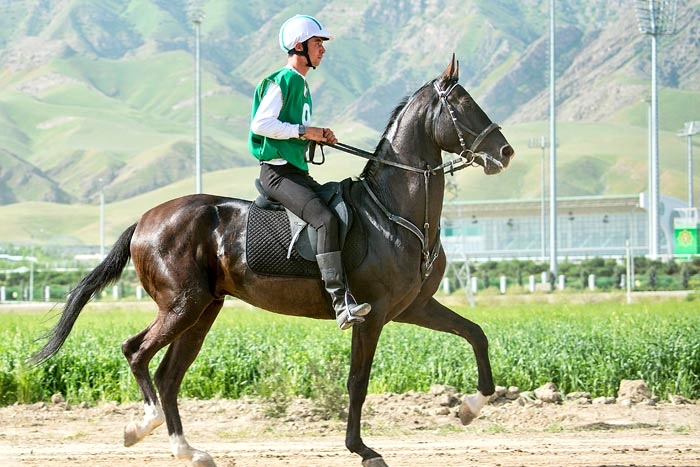Horse racing is a multi-billion dollar industry that generates excitement and entertainment for millions of spectators across the world. It is an industry that is constantly evolving and growing, and as such, there are a wide range of careers available within the sector.
From trainers and jockeys to veterinarians and farriers, there is something for everyone in the horse racing industry. In this article, we will explore some of the different careers that are available in the field and look at the skills and qualifications needed to pursue them.
Careers in Horse Racing
1. Trainers
Trainers are the people responsible for the day-to-day care of racehorses, from feeding and exercising them to providing medical care when needed. Trainers typically have a deep knowledge of equine anatomy and physiology, and are able to identify any potential health issues in the animals. They are also adept at developing training plans for each horse, including diet plans and exercise regimens.
2. Jockeys
Jockeys are the riders of racehorses, and are responsible for guiding the animals around the track. They must have a good understanding of the sport, as well as the physical and mental stamina to ride a thoroughbred racehorse at top speed. Jockeys also need to be able to make quick decisions, as they are often faced with split-second decisions on the track.
3. Owners
Owners are responsible for the purchase, care, and upkeep of racehorses. They must have a thorough understanding of the sport, as well as a good business sense and financial acumen in order to make the most of their investments.
4. Veterinarians
Veterinarians are the medical professionals of the horse racing world. They are responsible for the diagnosis and treatment of any medical issues that may arise in the horses. In addition, they also provide routine medical care, such as vaccinations and physical exams.
5. Farriers
Farriers are the blacksmiths of the horse racing world. They are responsible for the upkeep of the horses’ hooves, ensuring that they are in good condition and free of any health issues.
6. Racing Stewards
Racing stewards are responsible for enforcing the rules of the sport. They must be knowledgeable of the rules and regulations of horse racing and have the ability to make quick, fair decisions when needed.
7. Racing Journalists
Racing journalists are responsible for covering the sport and providing analysis of the races. They must have a good understanding of the sport, as well as be able to write in an engaging and informative way.
8. Betting Operators
Betting operators provide the service of taking bets on horse races. They must have a good understanding of the sport, as well as be knowledgeable of the odds and different types of wagers available.
9. Track Maintenance
Track maintenance personnel are responsible for the upkeep of the racetrack. They must be knowledgeable of the different types of materials used in track construction, as well as be able to identify any potential safety issues.
10. Race Officials
Race officials are responsible for the administration of the sport, from organizing races to managing the entries. They must have a good understanding of the rules and regulations of the sport and be able to make quick decisions in order to ensure that the races run smoothly.
Qualifications Needed for Horse Racing Careers
Each of the above careers in the horse racing industry requires different qualifications and skills. For some of the positions, such as trainers and jockeys, experience is essential. For others, such as owners and veterinarians, formal qualifications are needed.
Trainers will typically require a good understanding of equine anatomy and physiology, as well as experience in the field. Jockeys will need a strong knowledge of the sport and the ability to make quick decisions. Owners will need a good business sense and financial acumen, as well as a deep knowledge of the sport. Veterinarians will need to have a degree in veterinary medicine, as well as experience in the field. Farriers will need to have a good understanding of the materials used in horseshoeing, as well as experience in the field.
Racing stewards will need a good knowledge of the rules and regulations of the sport, as well as experience in the field. Racing journalists will need a good understanding of the sport and the ability to write in an engaging and informative way. Betting operators will need a good knowledge of the sport, as well as experience in the field. Track maintenance personnel will need to know the materials used in track construction, as well as experience in the field. Finally, race officials will need a good understanding of the rules and regulations of the sport, as well as experience in the field.
Conclusion
The horse racing industry offers a wide range of careers for those with the right qualifications and skills. From trainers and jockeys to owners and veterinarians, there is something for everyone in the field. It is a fast-paced and exciting industry, and those who are able to successfully navigate their way through the various roles available can find themselves with a rewarding and fulfilling career.

